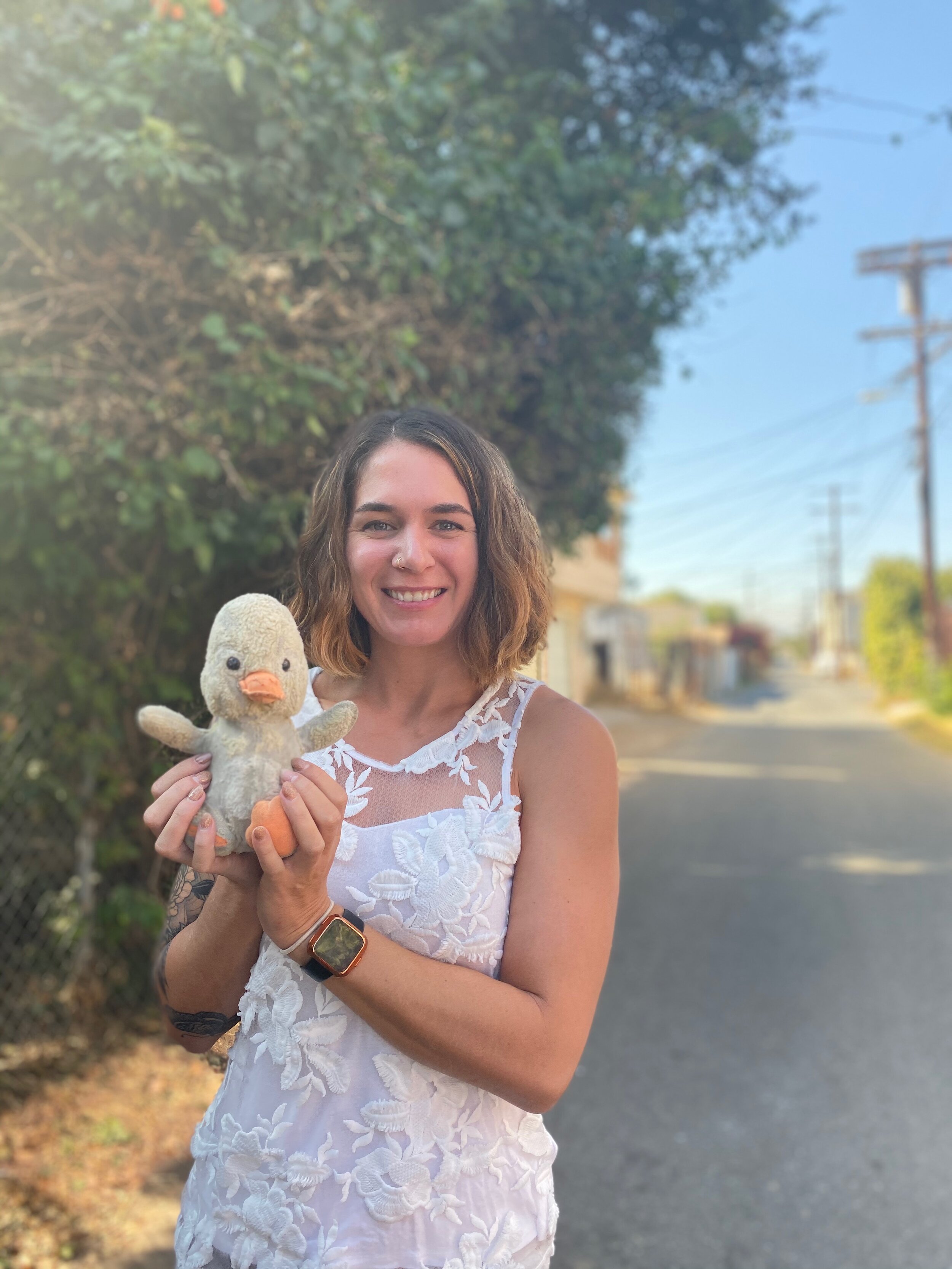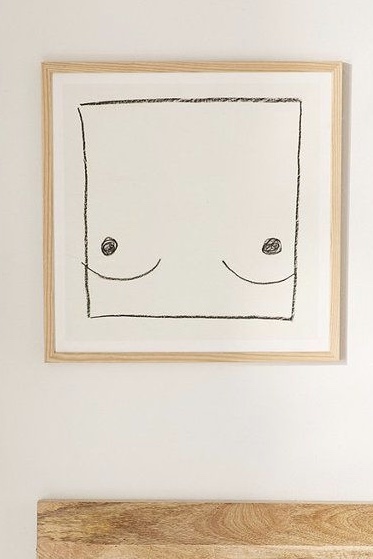This November, MHT is participating in the Miry’s List Friendsgiving Fundraising Drive. The money goes to programs that support refugee families that have been resettled in the United States. In tandem with these efforts, our clinicians are writing posts reflecting on what home means to them.
“This sculpted mass of cotton and fluff became a soft and portable vessel where my sense of home resided. He allowed me to take that sense of security with me wherever I went.”
His name is Ducky. Not exactly the most creative choice, but it’s a fitting name considering he is an eight-inch tall plush-animal duck. His simple name aside, Ducky was my first best friend.
Now, many mature adults may think Ducky is just the sum of his parts: Cloth and stuffing. But if you were to see how I carried him with me as a child, I assure you, for a fleeting moment, you too would understand how real he is (*cough cough… I mean, was). This sculpted mass of cotton and fluff became a soft and portable vessel where my sense of home resided. He allowed me to take that sense of security with me wherever I went.
As it turns out, I am not alone in this attachment phenomenon. Many other children develop similar attachments to inanimate objects. In fact, by eighteen months of age, 60% of children form some kind of attachment with a soft object (e.g., plush or blanket). Researchers theorize inanimate object attachment allows a child a secondary secure-base to explore; in other words, the child projects their felt sense of security with a primary caregiver(s) onto another non-living entity and thus utilizes the secondary security object to increase their range/capacity to explore and learn from their surroundings.
Ducky definitely facilitated many of my exploration efforts. There were many times when I accompanied my mother (a physician) to the hospital when she made rounds. A hospital can be a scary and overwhelming place for anyone (let alone a young child) and I always brought Ducky with me to help pass the time. While I was normally shepherded to the doctor’s lounge to play on the wheel chairs and feast on what seemed like a neverending supply of doughnuts…. on one particular occasion, I was left at the nurses’ station. With Ducky on my lap, I patiently waited. I counted the number of times red lights flashed over patient doors and I tried to psychically incept a page for Dr. Evans over the hospital intercom.
What seemed like hours passed. And just as all sense of novelty began to wane… a jar caught my eye. Within the jar, there were what appeared to be small-ish brown boogers wiggling through the water. My curiosity overwhelmed me. Manipulating Ducky’s stubby arms around the lid, I proceeded to open the jar to investigate its contents further. As it turns out, those “boogers” were medical leeches and it was not until I had placed half a dozen onto myself, Ducky, and the desk where I sat waiting, that a nurse discovered my innocent transgression and released one of the most awesome screams I had ever heard to date.
While it’s arguable if the leech fiasco enhanced my overall understanding of the world around me, it did give me an experience that I will never forget. If I hadn’t brought Ducky with me that day, I probably would have never opened that jar. In fact, if I did not have Ducky, I probably would not have done a lot of things. I probably would have been more shy on my first day of pre-school; I might have taken longer to learn how to ride a bike; or maybe I would not have made my bed every morning so Ducky could have a neat place to sit as he waited for me to get back from school. Having a separate entity like Ducky (to both rely on and provide for) enabled me to venture out in my environment where I was tasked with maturing intellectually and emotionally.
“Once the object that housed my burgeoning (but yet to be self-avowed) curiosity, Ducky now lives as a symbol of home – that intangible place I can come back to when the world around me gets scary. ”
Looking at Ducky now, he is tattered by love. Long gone is the bright yellow fluff that lined his body; now just grey porous cloth, worn ragged by the thousands of nights I held him as I went to sleep. His right foot is only a crudely stitched stub – a battle wound from the great dog-chewing incident of 1991. His beady plastic eyes, once lost in the yellow down of his face, now bulge from his threadbare fabric as if to see and know me more clearly than ever. Once the object that housed my burgeoning (but yet to be self-avowed) curiosity, Ducky now lives as a symbol of home – that intangible place I can come back to when the world around me gets scary. He reminds me I am brave, and competent, and am safe enough to remain curious because there is always some kind of home to come back to... even if that home is inside yourself … or in my case, a duck.
HERE'S HOW YOU CAN PARTICIPATE IN FRIENDSGIVING WITH US:
Give! Visit our Miry’s List campaign page and make a donation. It's that simple and no sum is too small. Truly.
Follow! Be sure to follow us on Instagram and our blog throughout the month of November. We will be reflecting on what it means to be welcomed, received, and known.
Share! Help us spread the word. You can do this by sharing our social media posts or links to our Miry’s List Friendsgiving Fundraiser page.
******
A little about Miry’s List:
Refugee families come to the United States seeking a safe haven from violence and persecution in their home countries. They leave behind family and friends, as well as virtually everything they own. Many Americans, seeing these families in their communities, wonder: What can I do to help? Miry's List provides a mechanism for people to directly help new arrival refugee families with the things that they need to get started in their new lives – from diapers to beds to cleaning supplies and toiletries. To learn more, visit miryslist.org.
Lauren Ziel, MSW is a Registered Associate Clinical Social Worker, ASW #76483, working under the supervision of Saralyn Masselink, LCSW . Through the use of movement and mindfulness, Lauren develops specialized treatment for anxiety, depression, eating disorders, challenges in life-stage transitions, relational difficulties, and identity/intrapersonal development.



















